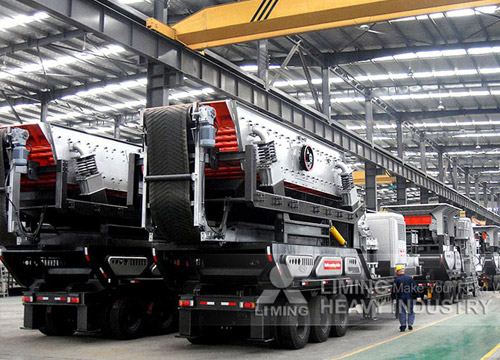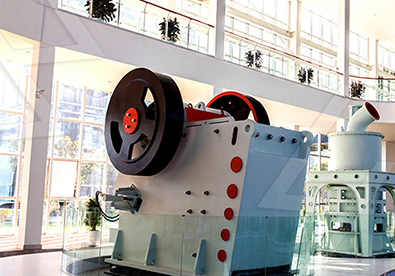A mill system for Flue Gas Desulfurization (FGD) is a critical component in wet limestone-based FGD systems, used primarily in coal-fired power plants to remove sulfur dioxide (SO₂) from exhaust gases. The mill grinds limestone into fine particles to create a slurry, which reacts with SO₂ in the absorber vessel.
Key Components of an FGD Mill System
1. Limestone Feed System
– Delivers raw limestone (typically 90% CaCO₃) from storage to the mill.
– Includes feeders, conveyors, and sometimes pre-crushers.
2. Wet Ball Mill or Vertical Roller Mill
– Wet Ball Mill: Most common; grinds limestone with water to produce slurry (~30% solids).
– Vertical Roller Mill: More energy-efficient alternative for dry grinding (later mixed with water).
3. Slurry Storage Tank
– Holds ground limestone slurry before it’s pumped to the absorber.
– Equipped with agitators to prevent settling.
4. Slurry Pumping System
– Transfers slurry from the mill circuit to the absorber spray nozzles.
– Includes recirculation loops for optimal particle size control.
5. Hydrocyclone Classifier (Optional)
– Separates oversized particles for regrinding, ensuring proper fineness (~90% passing 325 mesh/44 µm).
6. Water Supply System
– Provides process water for slurry preparation and mill cooling.
7. Control & Monitoring Systems
– Adjusts feed rate, water ratio, and grinding efficiency based on SO₂ removal demands.
 Process Flow
Process Flow
1. Raw limestone is fed into the mill along with water.
2. The mill grinds limestone into fine particles (~20–50 µm).
3. Slurry flows to a storage tank where it’s homogenized.
4. Slurry is pumped into the FGD absorber tower, where it reacts with SO₂:
\[
\text{CaCO₃} + \text{SO₂} + \frac{1}{2}\text{O₂} + 2\text{H₂O} → \text{CaSO₄·2H₂O} + \text{CO₂}
\]
5. Waste byproduct (gypsum) is dewatered for disposal or reuse.
 Design Considerations
Design Considerations
– Grinding Efficiency: Affects reagent





Leave a Reply